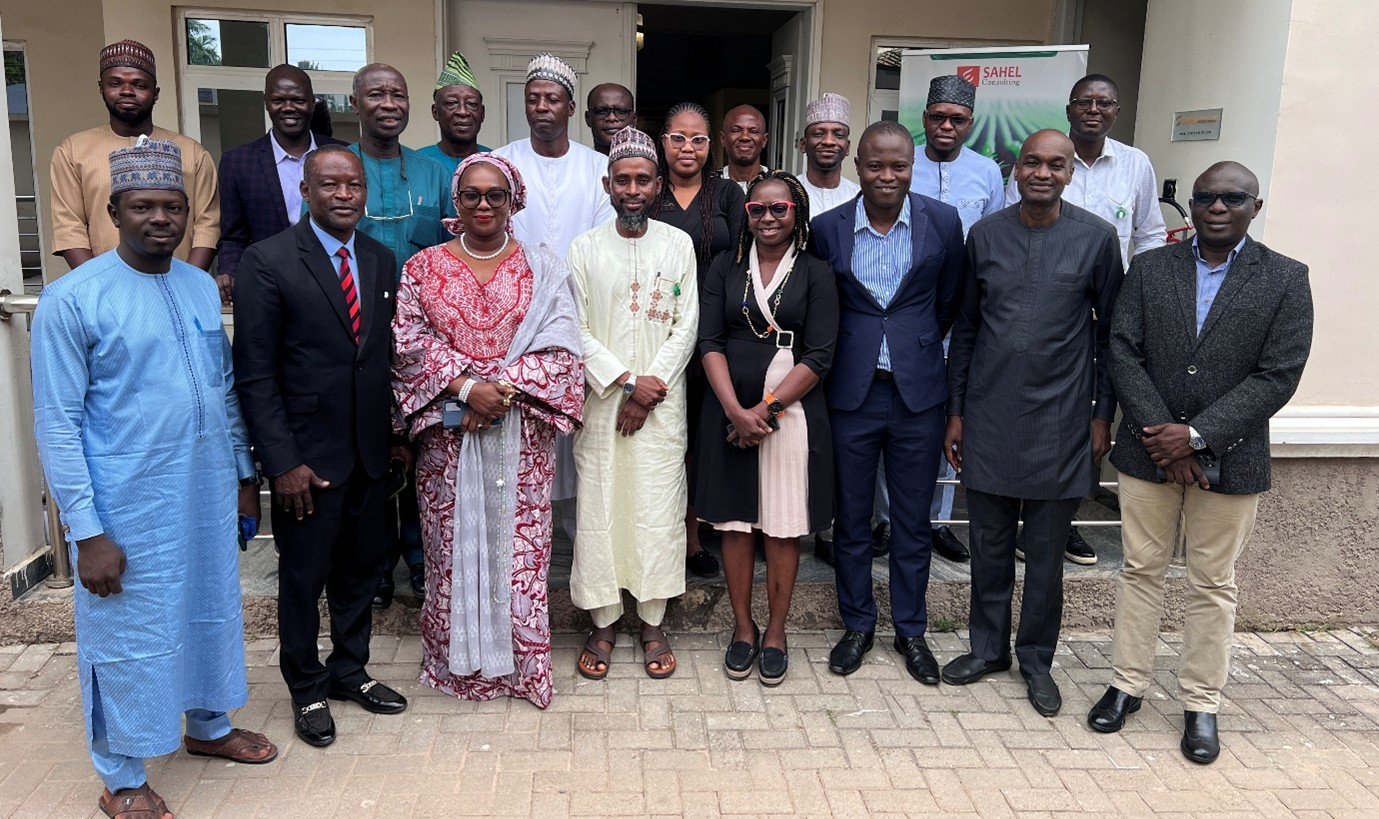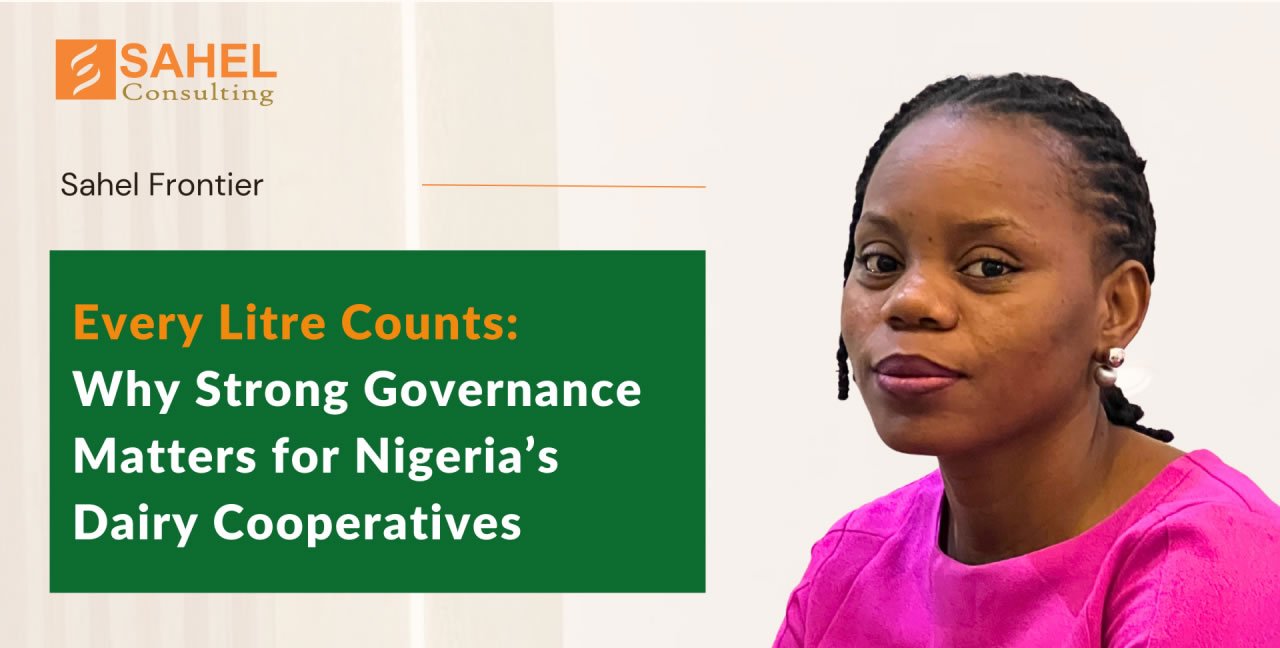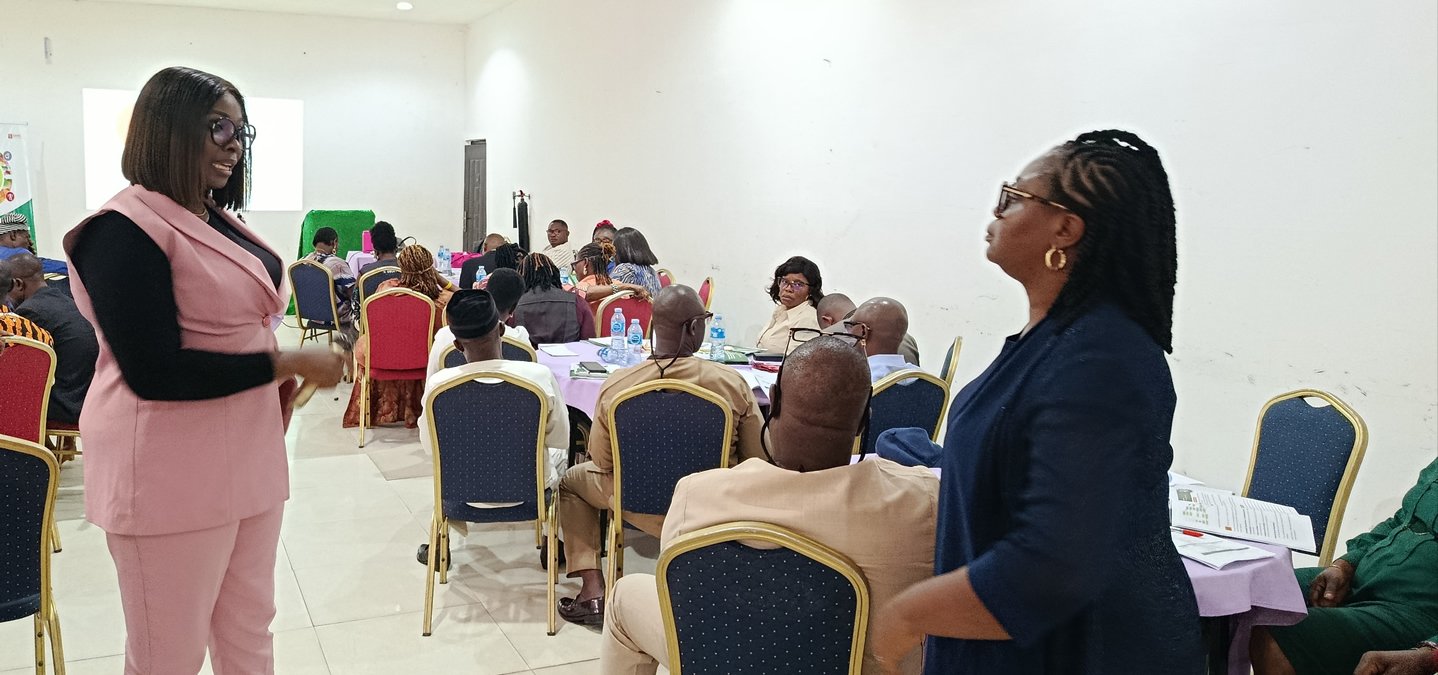The COVID-19 pandemic has particularly affected the supply of perishable foods such as vegetables, which could adversely affect food and nutrition security. Here, we study the mechanisms by which COVID-19 has affected vegetable production and the coping strategies adopted by smallholder farmers. We use cross-sectional data collected through individual interviews on a random sample of 521 vegetable producers in north-western Nigeria. The perceptions of respondents, measured on a 5-point Likert scale (from 1—not affected, to 5—severely affected), shows that COVID-19 had an average effect of 3.07 (±1.23) on vegetable production. Farmers also reported challenges in accessing farm inputs and storing or selling fresh vegetable produced. In response, farmers reduced market-oriented vegetable production, produced more vegetables for own consumption, added value through own home processing and storage, explored new markets, and accepted lower farmgate selling prices. A multivariate probit regression shows that socio-economic factors such as age, household size, marital status, challenges in accessing inputs, and perceptions of the effects of COVID-19 influenced farmers’ decisions to adopt particular coping strategies. To sustain vegetable supplies, policy makers should consider investing more in market-oriented strategies such as vegetable processing and storage, which individual farmers may not be able to afford due to high costs, lack of information and required knowledge on good agronomic practices, postharvest handling, storage and market. Public extension services can contribute to help farmers to adapt better.
About Author
Related posts
Emergency seed aid is essential in times of crisis, but when delivered repeatedly without coordination, it can weaken local seed markets, limit farmer choice, and undermine long-term resilience. In Nigeria,
The sun rises over a quiet northern Nigerian village, and the day begins with the soft mooing of cows and the clatter of milk containers. Women and men walk to
Capacity development remains one of the most funded and trusted pathways to strengthen institutions, empower professionals, and accelerate economic growth, especially in Nigeria. From federal ministries to state agencies, NGOs,




